India’s highlights include Kanha, Bandhavgarh and Ranthambore for majestic tigers, Kaziranga’s one-horned rhinos, and the UNESCO-listed Western Ghats, teeming with endemic species. Explore the wilds of Gir, home to the rare Asiatic lion. With its vibrant culture and unique wildlife encounters, India promises an unforgettable journey into nature’s heart.
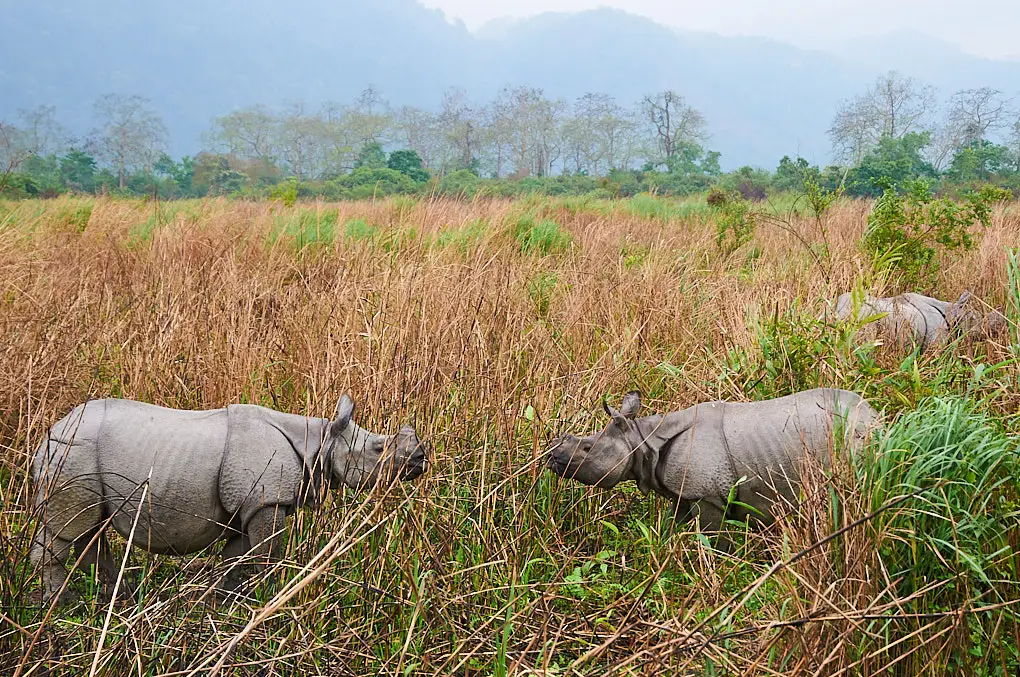
Highlights: Tigers & Wild Dogs in central India’s jungles & open plains. The forests that inspired Rudyard Kipling’s The Jungle Book.
Is this for me? For those that want to maximise wildlife viewing & minimise travel time.
| Day 1 | Arrive Mumbai. Private transfer to your accommodation. |
| Days 2-4 | Bandhavgarh National Park. |
| Days 5-7 | Kanha National Park. Your best chance of seeing the enigmatic Indian Wild Dogs (also known as Dhole). Opportunity to see tigers from elephant-back. See other unique Indian wildlife in these parks: sloth bear, jungle cat, porcupine, Chital deer, Sambar deer, Gaur (Blue Bull), & maybe even the elusive leopard. |
| Day 8 | Fly to Mumbai. Private transfer to the international airport. |
Highlights: Tigers, Asiatic one-horned Rhino & Wild Asiatic Elephants.
Is this for me? For those that want diverse wildlife, ecosystems, and enjoy the extra travel.
| Day 1 | Arrive Mumbai. Private transfer to your accommodation. |
| Days 2-4 | Bandhavgarh National Park. Renowned for its high tiger density and frequent sightings, it’s one of the world’s premier destinations to observe wild tigers. The park is also home to leopards, sloth bears, Indian bison, and over 250 bird species, offering incredible wildlife diversity. |
| Day 5 | Delhi. Relax or an afternoon to explore. |
| Days 6-8 | Kaziranga National Park. Wild and remote in India’s northeastern corner, it’s the best place to see Asiatic one-horned rhinos, whether on a vehicle safari or elephant-back, traversing the lush elephant-grass landscapes. The park also offers excellent opportunities to witness herds of majestic wild Asian elephants in their natural habitat. |
| Day 9 | Fly to Delhi. Private transfer to the international airport. |
Tailored entirely to your imagination!
Whether it’s tracking tigers in the jungles of Bandhavgarh, trekking to see Snow Leopards in Ladakh, a yak safari in the foothills of the Himalayas, or gliding through Kerala’s serene backwaters, we’ll craft your ultimate adventure.
Reconnect with nature in India’s iconic wilderness or immerse yourself in its cultural treasures, from the tea plantations of Darjeeling to the monasteries of Leh.
Let us bring your dream adventure to life.
Cost: starting from US$ 1,200 to US$ 5,000 per person per night.
Includes: almost everything; accommodation, all meals, national park & conservancy fees, game drives in safari modified vehicles, qualified local guide/s, domestic flights, airport transfers, taxes.
Excludes: international flights, visa fees, personal items, optional extras.
Note: we also accept payment in BTC, ETH and USDC.
The Taj Mahal
A UNESCO World Heritage Site and one of the world’s most iconic buildings. A stunning symbol of love and architectural brilliance. Best admired at sunrise or sunset, its beauty leaves visitors in awe.
Ladakh: snow leopard, Himalayas & monasteries
A prime destination for snow leopard trekking, offering a rare chance to spot this elusive predator in the wild. Leh is known for its remote and ancient monasteries like Hemis, Thiksey, and Diskit, offering a deep dive into Tibetan Buddhist culture amidst dramatic Himalayan landscapes.
Darjeeling
Nestled in the Himalayas, Darjeeling is renowned for its scenic tea plantations, stunning views of Kanchenjunga, and colonial charm. Highlights include the iconic toy train, vibrant markets, and visits to serene monasteries and lush tea estates.
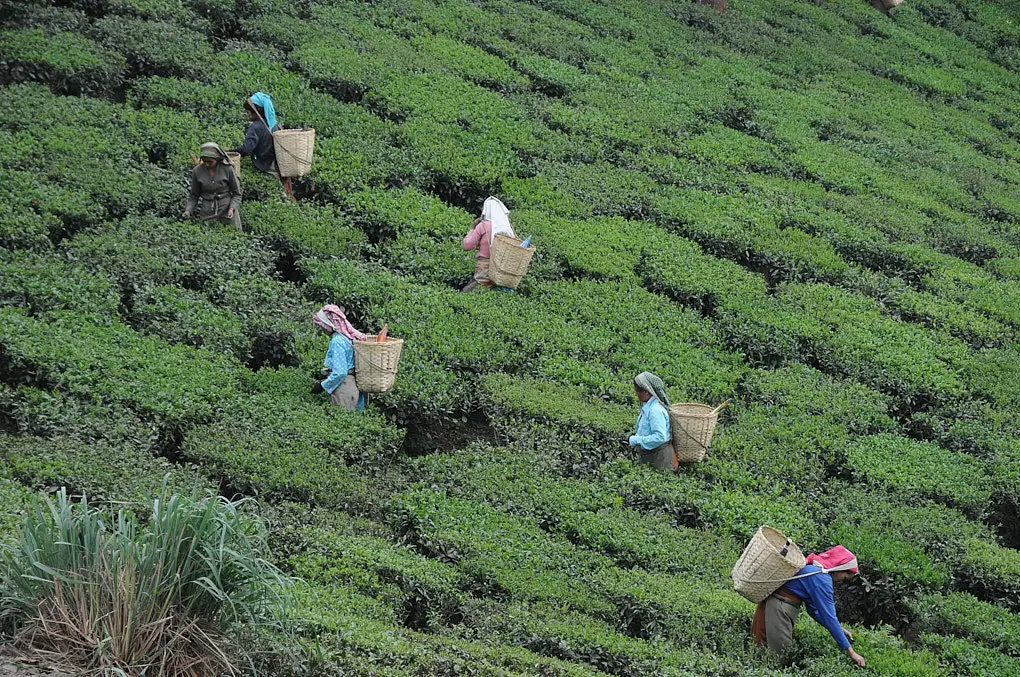
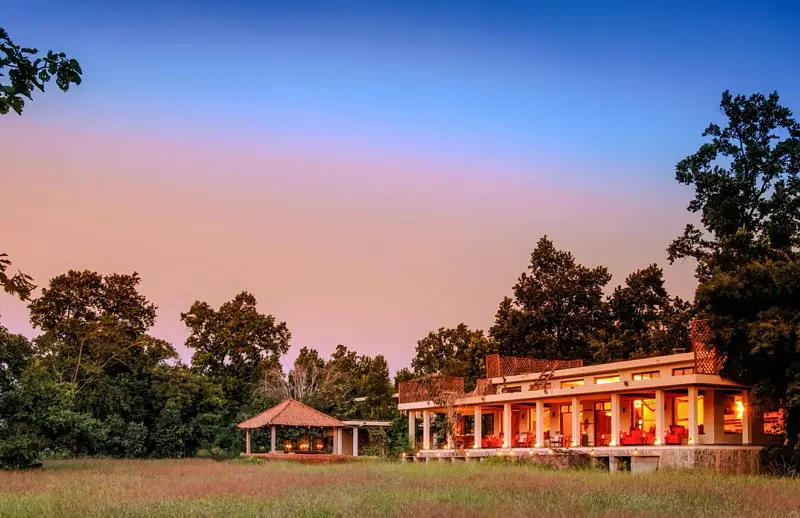
This lodge offers 12 charming cottages (kutiyas) set in a 40-acre private forest, providing an authentic jungle experience with modern comforts.
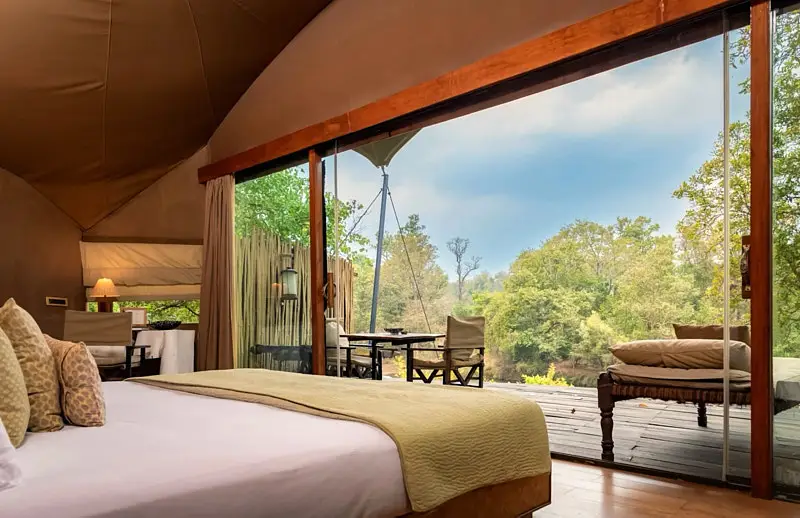
Set along the banks of the forested Banjaar River and nestled deep in the heart of tiger territory. 18 elegant tented suites.
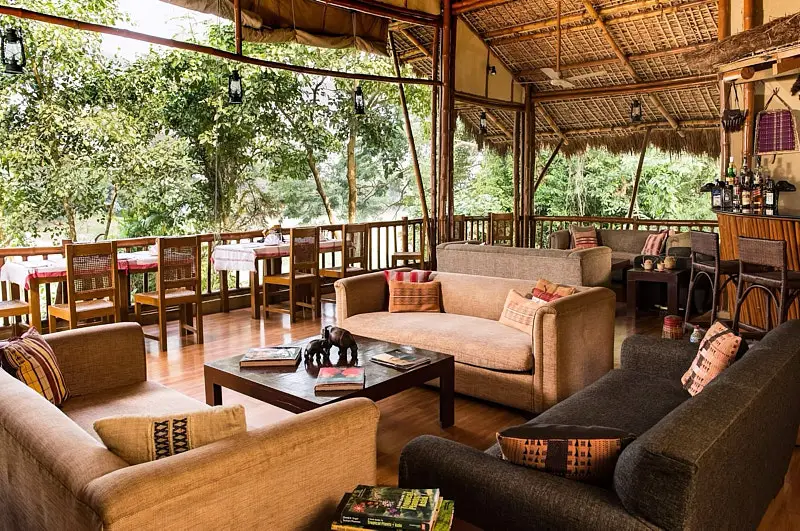
Eco-luxury retreat. Charming cottages, wildlife safaris, and serene river views. Wildlife highlights are one-horned rhino and wild elephants.
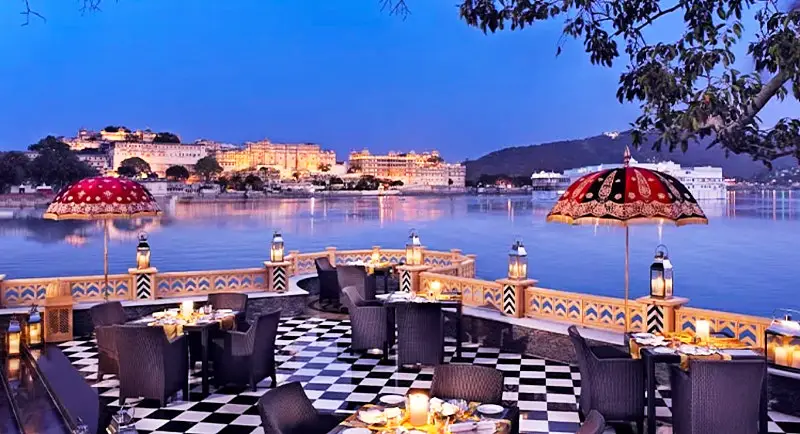
Opulent lakeside luxury with stunning views of Lake Pichola, regal suites, and impeccable Indian hospitality.
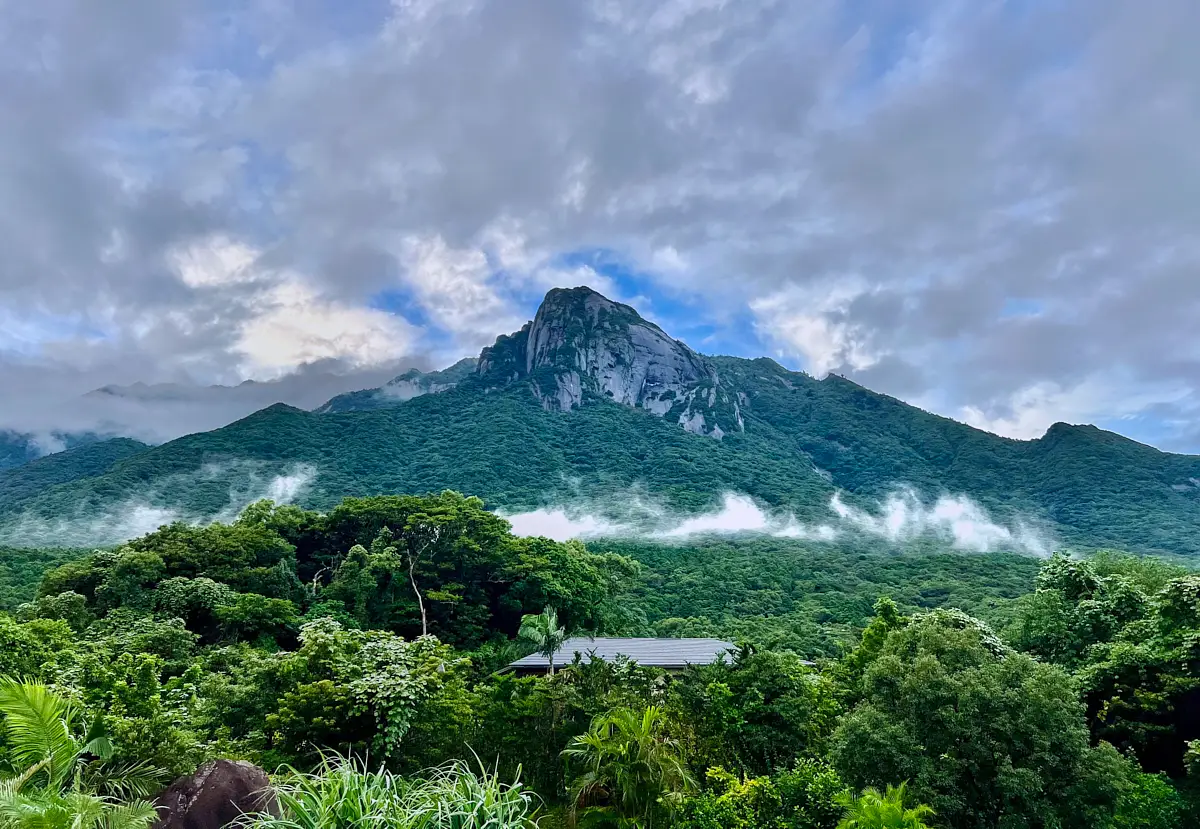
The most pleasant time to travel in India is between December & February. These months usually have the most comfortable temperature range.
February, March & early April are the optimum months for wildlife viewing – this takes into account the wildlife movements, missing the monsoon & avoiding the heat!
For ‘hard-core’ wildlife photographers & videographers, May & June are excellent months, however the temperatures are high (as high as 45C/ 115F, or more)!
There are a number of different National Parks in India where you can explore for tigers – Bandavgarh, Kanha, Ranthambore, Corbett, & Kaziranga are the most well known.
For wildlife viewing, February to June is best, as animals concentrate around water holes as vegetation dies down & due to the higher temperatures. The later in the season you can go, the better! However, by May the temperature is usually too hot for most people, with temperatures in the mid to high 40s, Centigrade (105-115F).
We recommend rhino viewing from November through to mid April. The best time is around February to March as the India National Parks authority usually do controlled burning in January, so the grass is shorter, making it easier to see wildlife.
The optimal time for snow leopard viewing in Ladakh is during the winter months, from October to March. During this period, snow leopards descend to lower altitudes in search of prey, increasing the likelihood of sightings.
Seamless Travel: From lodge reservations to transport and lunches, every detail is expertly handled by our experienced coordinators.
Expert Guidance: Skilled local guides share their deep knowledge of wildlife, ecosystems, and culture, ensuring an enriching safari experience.
Safety: Extensive in-country support keeps your journey smooth and secure, even when plans change.
Refined Comfort: Handpicked camps and lodges offer exceptional wildlife viewing, unique accommodations, impeccable service, and meaningful cultural connections.
Full Transparency: No hidden fees or surprises—just clear, upfront communication so you can relax from start to finish.
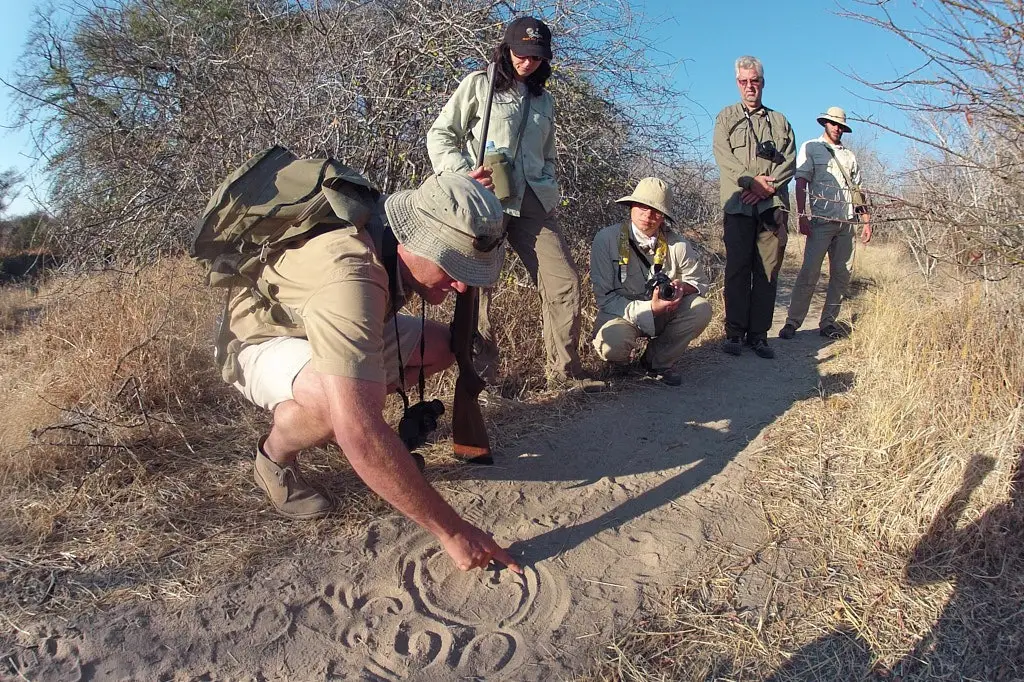
Lorem ipsum dolor sit amet, consectetur adipiscing elit. Ut elit tellus, luctus nec ullamcorper mattis, pulvinar dapibus leo.
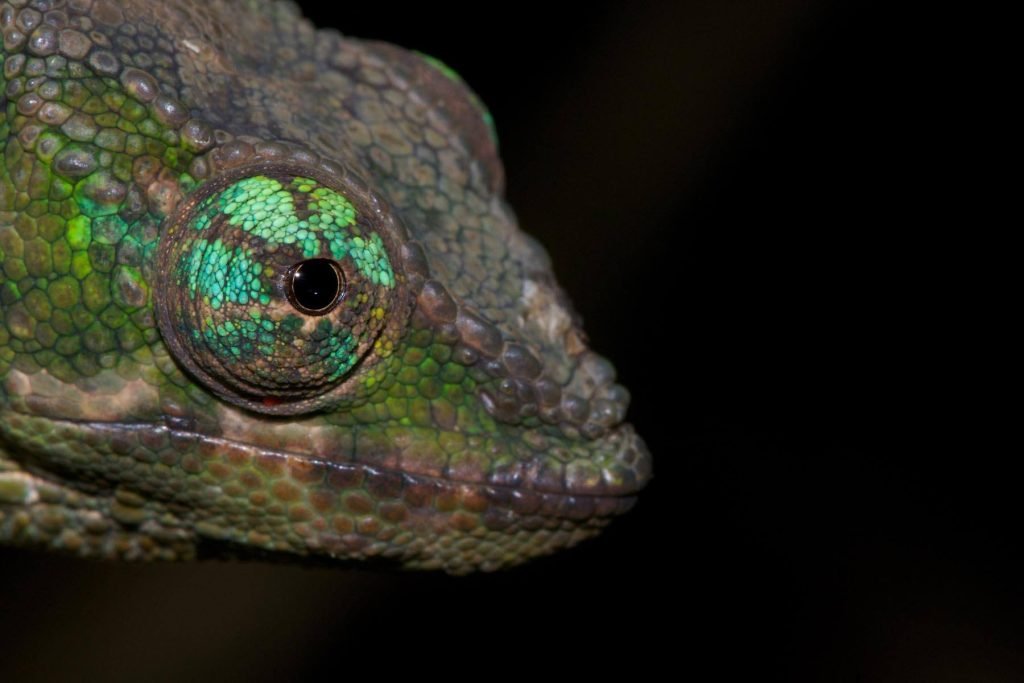
Lorem ipsum dolor sit amet, consectetur adipiscing elit. Ut elit tellus, luctus nec ullamcorper mattis, pulvinar dapibus leo.
